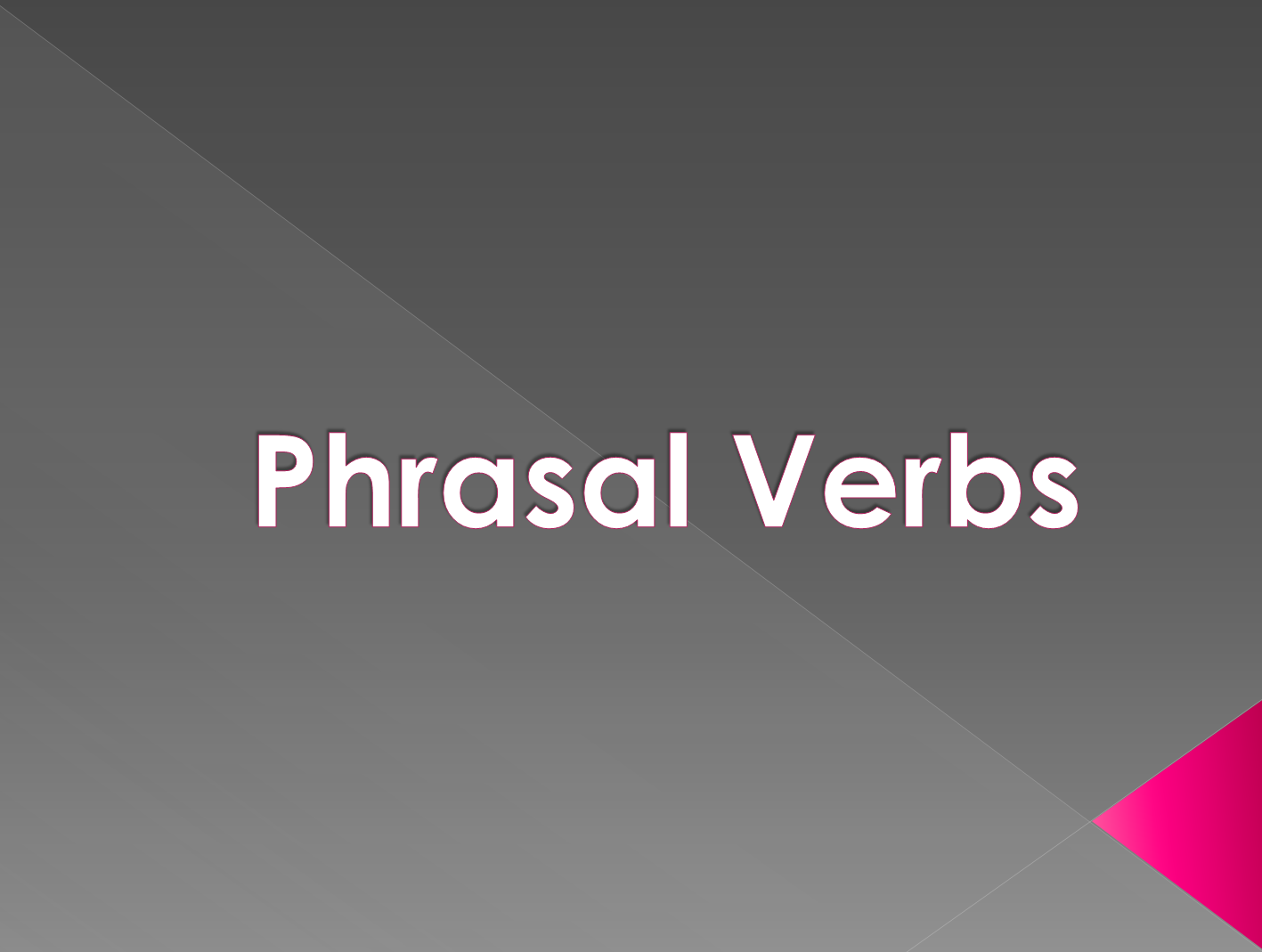
There are eight parts of speech. A word’s part of speech is based on how the word is used in a sentence. Words can, therefore, be more than one part of speech.
The Eight Parts of Speech
- NOUN
- PRONOUN
- VERB
- ADJECTIVE
- ADVERB
- PREPOSITION
- CONJUNCTION
- INTERJECTION
The part of speech indicates how the word functions in meaning as well as grammatically within the sentence. An individual word can function as more than one part of speech when used in different circumstances. Understanding parts of speech is essential for determining the correct definition of a word when using the dictionary.
Also Read:
- Idioms and Other Expressions Used For Talking About ‘Work’
- What Are Weasel Words?
- Money and Finance – Test Your Knowledge
- Phrasal Verbs, Idioms and Other Expressions Using ‘CUT’
- How to Say Time in English
- Idioms and Other Expressions Used For Talking About Money
- Shopping and Consumerism – Match the Correct Name
- Phrasal Verbs – Choose the Correct Verb
- Currency Markets – Choose The Best Words
- Personal Qualities – Use the Best Nouns and Adjectives
For an example, note how the word punch is used below.
1. nouns: (n.) name a person, place, or thing
Examples: Ms. Lopez, New Orleans, lamp, warmth
Usage: Ms. Lopez enjoyed her trip to New Orleans where she bought a beautiful lamp. The warmth of the sun filled Claire with happiness. I drank five cups of the orange punch.
2. pronouns: (pron.) take the place of a noun
Examples: I, me, you, she, he, it, her, we, they, my, which, that, anybody, everybody
Usage: Everybody liked the music at the party. It was the kind that made people want to dance. They bought a new car, which hurt their bank account.
3. verbs: (v.) express an action or state of being
Examples: enjoy, run, think, read, dance, am, is, are, was, were
Usage: Lily read an interesting book yesterday. I am tired. He is an excellent student. She punched the bully.
4. adjectives: (adj.) modify (describe or explain) a noun or pronoun
Examples: pretty, old, two, expensive, red, small
Usage: The old car was covered with red paint on one side. The two women met for lunch at an expensive restaurant. The punch bowl was empty soon after Uncle got to the party.
5. adverbs: (adv.) modify a verb, an adjective, or another adverb
Examples: very, shortly, first, too, soon, quickly, finally, furthermore, however
Usage: We will meet shortly after one o’clock. The very pretty dress sold quickly. I liked her; however, there was something strange about her.
6. prepositions: (prep.) are placed before a noun or pronoun to create a phrase that relates to other parts of the sentence
Examples: after, around, at, before, by, from, in, into, of, off, on, through, to, up, with
Usage: He told me to be at his house in the afternoon. You must go through all the steps to do the job.
7. conjunctions: (conj.) join words or other sentence elements and show a relationship between the connected items
Examples: and, but, or, nor, for, so, yet, after, although, because, if, since, than, when
Usage: I went to the movies, and I went to dinner on Tuesday. I will not go to the party this weekend because I have to study. I don’t want to hear your reasons or excuses.
8. interjections: (interj.) show surprise or emotion
Examples: oh, hey, wow, ah, ouch
Usage: Oh, I forgot to do my homework! Wow, I got an A on the test!
- Idioms and Other Expressions Used For Talking About ‘Work’
- What Are Weasel Words?
- Money and Finance – Test Your Knowledge
- Phrasal Verbs, Idioms and Other Expressions Using ‘CUT’
- How to Say Time in English
- Idioms and Other Expressions Used For Talking About Money
- Shopping and Consumerism – Match the Correct Name
- Phrasal Verbs – Choose the Correct Verb
- Currency Markets – Choose The Best Words
- Personal Qualities – Use the Best Nouns and Adjectives








